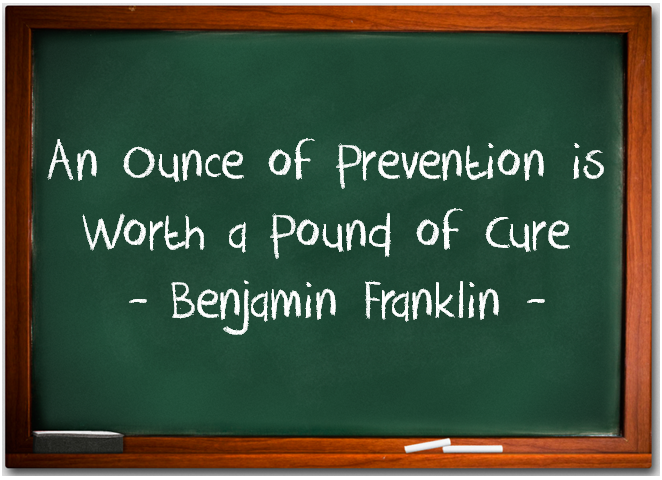According to a recent article by Dr. Michael Greger, there are several levels of preventative medicine. Primary prevention would be like trying to prevent someone at risk for heart disease from getting their first heart attack. Secondary prevention is when you already have the disease and are trying to prevent a second heart attack. Tertiary prevention is like cardiac rehab, and trying to reduce the complication rate. Quaternary prevention tries to reduce the damage from the drugs and surgery of the first three levels. Another concept was introduced by the World Health Organization back in 1978, termed primordial prevention – which is being embraced by the American Heart Association’s 2020 strategic impact goals.
Primordial prevention is a strategy to prevent whole societies from experiencing epidemics of the risk factors. Instead of trying to prevent someone with high cholesterol from getting a heart attack, why not prevent them from getting high cholesterol in the first place?
So the American Heart Association came up with the following Simple Seven health behaviors: Not smoking, not being overweight, being “very active” (defined as walking at least 22 minutes a day), a few fruits and veggies, below average cholesterol, normal blood pressure and normal blood sugars. Their goal was to reduce heart disease deaths by 20% by 2020. Why so modest an aim? Because an improvement of 25% was deemed unrealistic. If 90% of risk can be eliminated by engaging in simple lifestyle modifications, why is 25% considered unrealistic? To understand, one must realize how bad our diets have gotten.
The most common reason patients give for not complying with a cholesterol-lowering diet may be the presumption that they’re already eating healthy and don’t need to change. But if you look at the cardiovascular health in the U.S., only about 1% have the bare minimum of healthy eating behaviors, such as five-a-day fruits and veggies, eating beans, whole grains, and drinking less than 3 cans of soda a week. What percentage of Americans hit all seven of the behaviors? 14,000 men and women were surveyed, and most had 2 or 3 – but hardly any had all 7 simple health components. Just how low a prevalence was having 7 out of 7? Only about 1 out of 2000 Americans had all 7 factors intact. And the behavior they were missing the most was DIET.
It has been my observation that most people following a “CFO” diet (chicken, fish and olive oil) believe they are eating a healthy diet, when unfortunately such a diet is filled with cholesterol and bad fats. Not only are chicken and fish high fat, acidic foods, they also contain as much (or more) cholesterol as beef. Add in the amount of oils that people are consuming (olive, vegetable, and coconut oils) and the risk factors for disease increase even more.
Remember that all oils are 100% pure extracted fats which can cause inflammation and damage the lining of our arteries. Getting healthy fats through whole foods is a much better plan. Instead of olive oil, eat a handful of olives – the fiber, water and other nutrients of the whole food will allow your body to process the fat as it should. Dr. Caldwell Esselstyn of the Cleveland Clinic reminds patients who already have heart disease that high-fat foods such as avocados, nuts, and seeds, should be limited or eliminated; otherwise, our diets should focus around fruits, veggies, beans and legumes, whole grains, nuts, seeds, and lots of good clean water.
We can help you learn the science and skills behind true healthy eating. Contact Cyd at www.cydnotter.com. (Source: How Many Meet the Simple Seven, Dr. Michael Greger, NutritionFacts.org).



